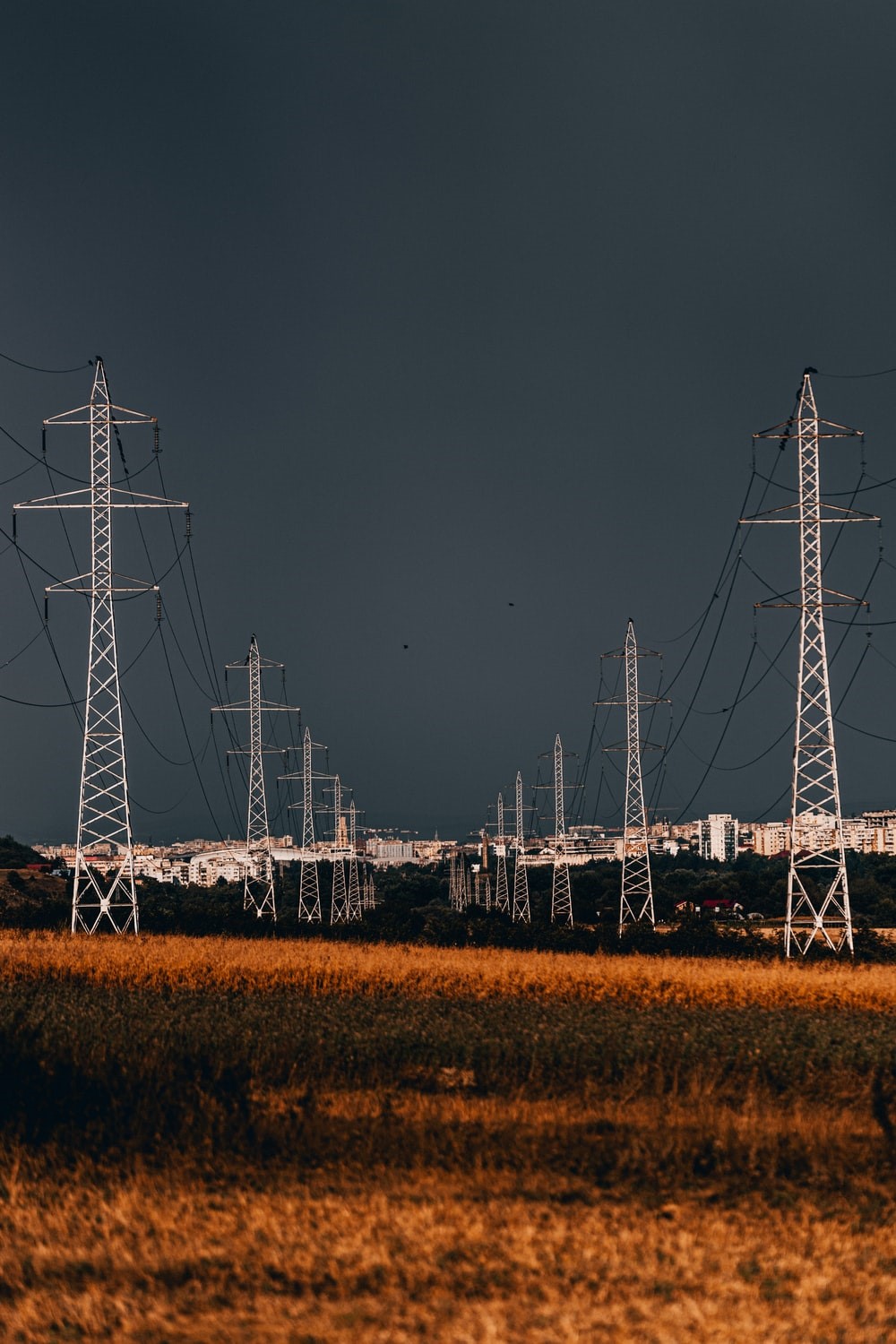What VPN Companies Do in Order to Keep You Secure
Oct 02, 2021
iCrowdMarketing powered by iCrowdNewswire

A Virtual Private Network (VPN) is an online service or piece of software that helps you to hide your internet activity from anyone who might want to see it. A VPN also makes it harder for anyone to interrupt what information you are sending and receiving by hiding the origin of that traffic. You can get your data secured by using a VPN. This article will look at some of the ways that different VPN companies work to protect your privacy and security as well as how they earn money in the process.
Securing Information The first thing to find out is how much information the company collects. There are two types of information that they can keep on you: "metadata" and "actual data". Metadata means all the information collected about your activity, but not the actual content of that activity. Actual data would be things like photos or messages between people after sending. A lot of companies collect metadata for their research purposes, although retaining any specific pieces of personal data usually requires users actively opting in to allow them to do so. Some companies may also retain some kinds of data for longer than others.
Do they keep any data on their users? A company that collects metadata is not someone you have to worry about, because it is nearly impossible for them to tie that information back to you. However, just keeping this kind of anonymous data means that the company has access to a lot of sensitive information if it ever falls into the wrong hands. The second thing I want to bring up is anonymity. When signing up with an app or visiting its website, how much personal information do they ask for? While nothing is 100% secure, companies should be using HTTPS by default when you go to their websites and be taking other steps necessary to protect your connection. For example, Protonmail shows all kinds of security precautions when you open up the site.
What can they do with their data? Some companies will protect themselves from legal liability by making it harder to directly tie your identity to any activity you do through their service. To do this, they usually have two different types of accounts: "anonymous" and "named". Named accounts require more personal information like an email address and other details that can be used to tie back to you. However, anonymous accounts offer less privacy because anyone could potentially create an account using your email or name and impersonate you if they had that information. This is potentially dangerous information because it makes you more unsafe to government observation or identity theft by hackers. Some VPN companies also offer their internal page of information about the data they collect and how this is shared with third parties.
What do they need their email address for if they just want privacy?
Another important thing to note: different VPNs can have different payment plans and some will require your credit card information or a mobile device number. While this is not nearly as bad as handing over your actual name, having your mobile phone associated with an account could make you more unprotected from losing access to the account if the company gets hacked.
What kind of information do they share with third parties?
Unless you live in a country that has extremely strict data protection laws, there are usually no limitations on how companies can use your data. This might seem like something you would not worry about because it is "just metadata", but this could mean that someone who works for the VPN knows exactly what webpage you are visiting. Many companies also sell their anonymous aggregated user data to other firms and advertisers to help market their products and services. Your anonymous activity could be associated with your real identity and used against you without you even knowing about it or being able to do anything about it.
Tags: English